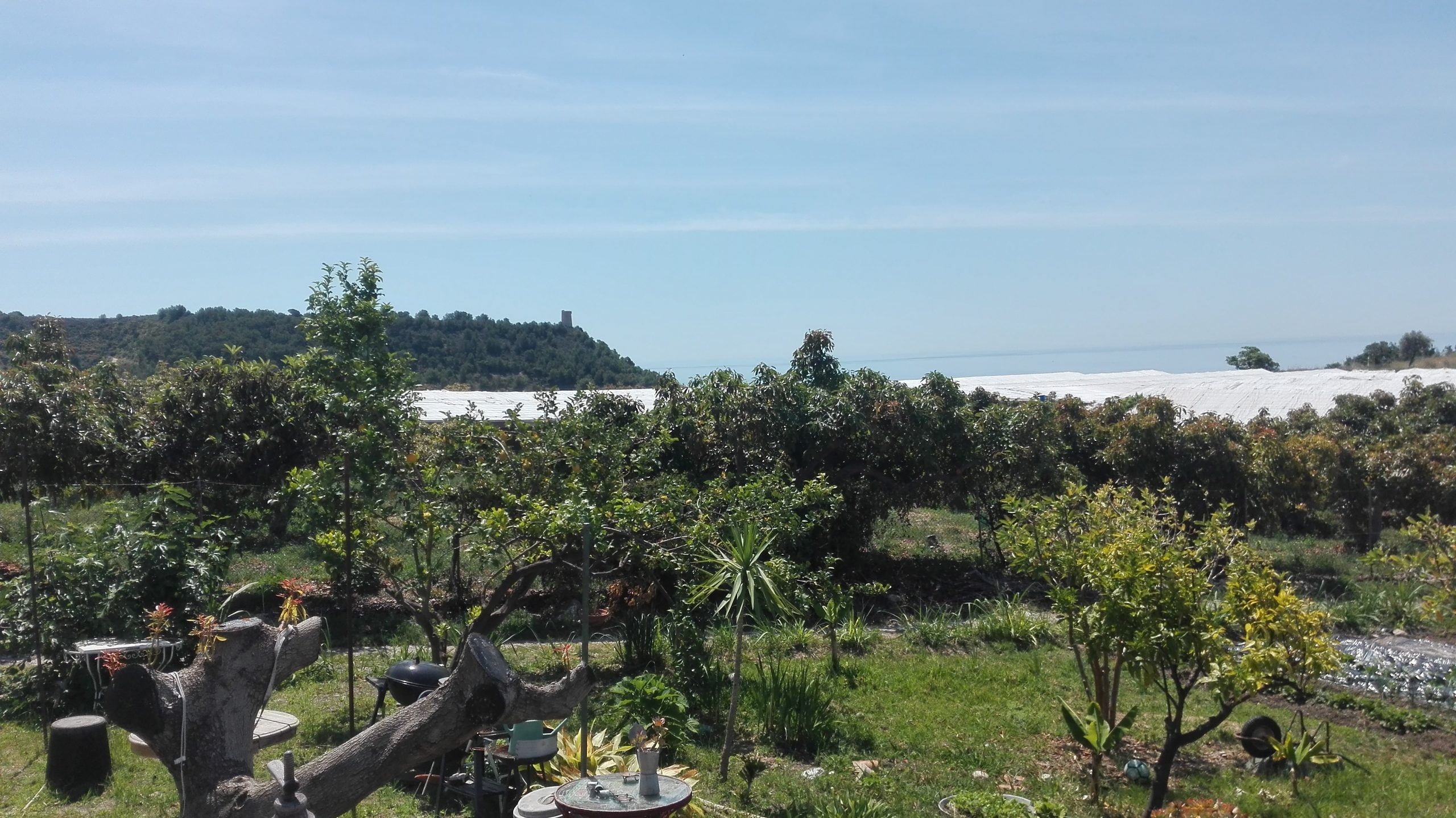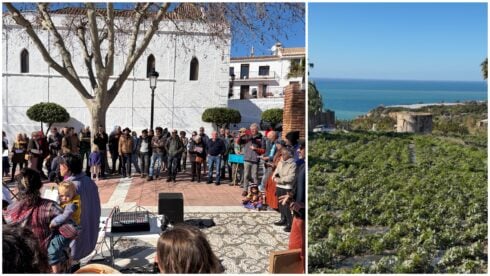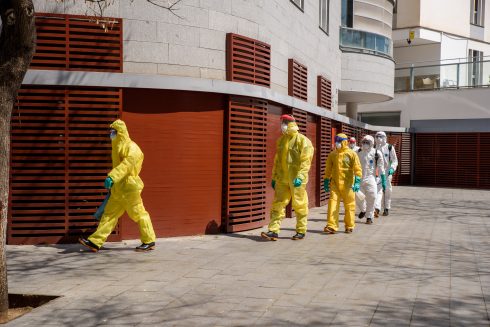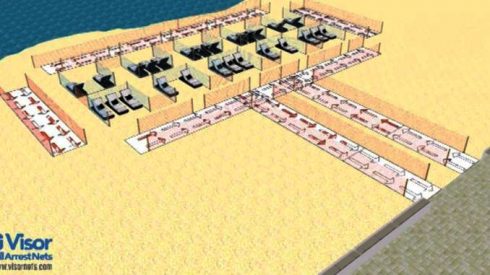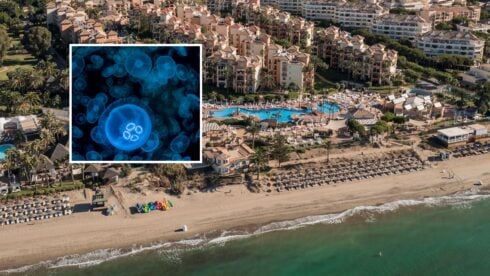THE Ecologistas en Accion platform has released a statement to publicly denounce the Spanish Government’s plan to reopen rustic land to developers.
The bill, known as the ‘Law for sustainability’, has been brought to the central government by the Andalucian council in a bid to help stem the financial effects of the coronavirus crisis, and is one of 27 laws that have been amended during the ongoing state of alarm.
The aim of the bill is to simplify the categorisation of undeveloped land into two sectors, urban and rustic, doing away with the intermediate categorisation of ‘developable’ land.
As the majority of rustic land is technically developable, this broadens the scope of what can be built upon to potentially millions of acres of protected and agricultural land across Andalucia.
In the government’s bill, the improvement of quality of life and the generation of sustainable urban planning are toted as the main selling points, but ecologist groups are outraged at the ramifications if such a bill is passed.
The passing of the new regulations would effectively open up the countryside to endless possibilities of housing projects, sport and leisure developments and industrial facilities, with very little red tape to navigate to obtain planning.
All a developer would require to begin the process of a new development is an ‘Actuacion de transformacion urbanistica’ which is handed to the local council board.
These can be submitted by anyone, leading to potential corruption and bribery in what has historically proved a legal minefield within regional town halls for the gaining of contracts.
Ecologistas en Accion has also lamented the fine print in the document.
The bill explains that land that is currently covered under legal and environmental protection will be exempt from construction, for example National Parks and areas of outstanding natural beauty.
Development is also not permitted on land that is not adjacent to an existing urbanisation, however in both cases, the exceptions and clauses are worded in such a way that many grey areas appear.
The latter also heavily encourages ‘urban sprawl’, allowing villages and towns to continually grow beyond their natural boundaries and potentially onto protected countryside.
Good news for expats in property limbo
The proposal also aims to eliminate the bureaucratic purgatory that thousands of expats are currently facing with illegal and irregular builds on protected land.
Despite many obtaining, what they thought, were adequate licences to build, many were either misinformed or victims of constitutional changes that rendered existing licences obsolete, leaving many expats in limbo.
A section entitled ‘Environmental and Territorial Adaptation of irregular buildings’ promises to assist in these cases, and release many homes from the legal merry-go-round involved with irregular properties.
Many expats will rejoice at the news, but environmental groups are cautious of the other implications that this will have on further projects and those illegally built on protected land.
Ecologistas en Accion are one of the many groups that have formed in recent years to help protect many of Spain’s most stunning assets.
More and more of the coastline in Andalucia is at risk of being forever scarred with sprawling urban development.
An example can be found in the sustainable community of Maro, near Nerja.
A plan for the construction of an 18 hole golf course, 700 high end properties and luxury hotel by the Larios Azucares SL Group is currently being rushed through the local council in the midst of the global pandemic.
The construction of the resort will remove over 1 million square metres of agricultural, sustainable and protected land, currently being used by farmers that have been there for over 400 years.
Click here to read more News from The Olive Press.

